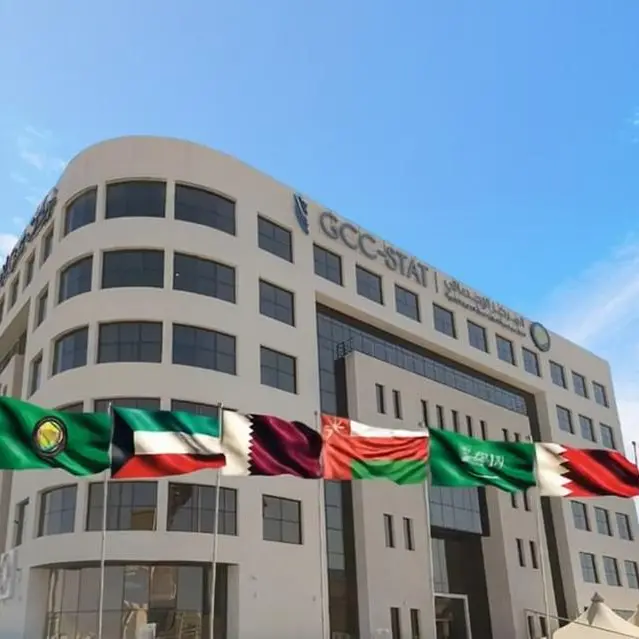PHOTO
Oman - The government's Omanisation efforts are progressing earnestly, and the Ministry of Labour (MoL) has recently intensified a long-standing programme to create employment opportunities for citizens by training and equipping them with additional skills.
The new policies issued by the Ministry of Labour (MoL) are gathering steam, especially now that the job market is low. The visa ban on specific job roles for expatriate workers in the private sector and in-depth training programmes introduced to sharpen the skills of Omanis have had a positive impact on Omanisation.
Recently, the Ministry of Transport, Communications, and Information Technology (MoTCIT) announced that the profession of 'refrigerator driver' would be reserved exclusively for Omanis starting from September 2024.
The ministry emphasised that only Omani nationals would be permitted to drive refrigerated trucks of all types and sizes. This initiative is part of a broader policy aimed at boosting local employment and is expected to significantly reshape the industry.
MoTCIT is also spearheading multiple initiatives aimed at boosting job opportunities for Omanis in the transport, logistics, communications, and information technology sectors.
These efforts are part of a broader strategy to regulate the labour market and achieve the goals outlined in 'Oman Vision 2040'.
Eng Saeed bin Hamoud al Maawali, Minister of Transport, Communications, and Information Technology, announced that from January 2025 till end of 2027, specific jobs across various sectors will be exclusively allocated to Omanis. This move aims to enhance coordination with the Ministry of Labour and align with the government's strategic initiatives.
The ministry's long-term goal is to Omanise professional roles in these sectors through a series of policies and initiatives.
Key policies include the restriction of certain professions to Omanis, the establishment of minimum employment levels proportional to sector growth, and the governance of work permits.
For the communications and information technology sector, the initiative aims for Omanisation percentages between 50 per cent and 100 per cent by 2026, focusing on quality jobs.
His Majesty Sultan Haitham bin Tarik has spoken about the role of education and vocational training in supplying the labour market with skilled national workers. In this context, he gave directives to devise an integrated executive plan to develop this sector in cooperation with international institutions.
He also called for the development of the technical education sector to help provide the labour market with technical expertise.
It is important to classify the unemployed workforce, consider the capabilities and qualifications of the youth, and then align with 'Oman's Vision 2040'. This will help locate projects that could be activated as soon as possible so that adequate training can be given to Omani candidates to take the jobs as the projects take shape.
To support local job seekers, the Ministry of Labour, in collaboration with the Social Protection Fund, announced a one-year extension of the job security allowance for all beneficiaries who have completed six months of entitlement.
According to the ministry, the reductions will be implemented as follows: a 30 per cent reduction in the total allowance during the first four months, a 50 per cent reduction in the second four months, and a 70 per cent reduction in the final four months.
Despite these reductions, the allowance will not fall below RO 115, the minimum amount specified in Article (119) of the Social Protection Law.
2022 © All right reserved for Oman Establishment for Press, Publication and Advertising (OEPPA) Provided by SyndiGate Media Inc. (Syndigate.info).





















